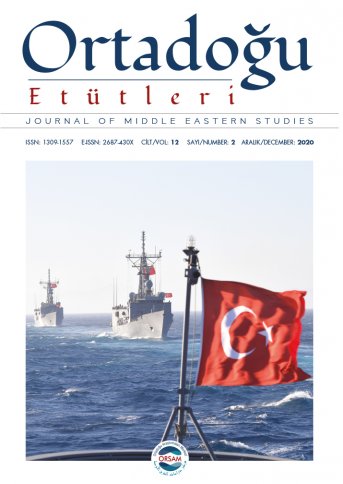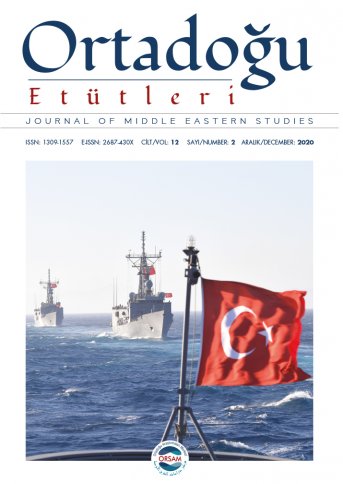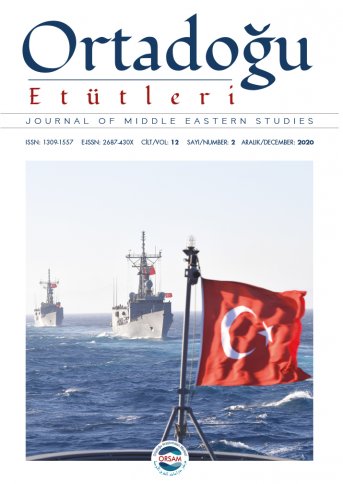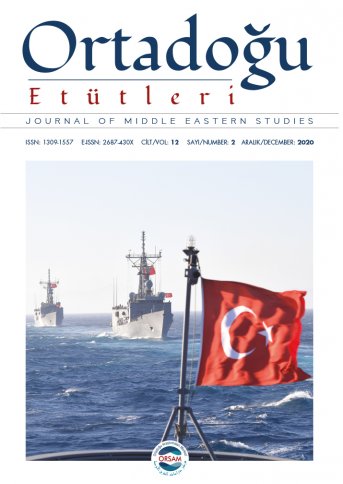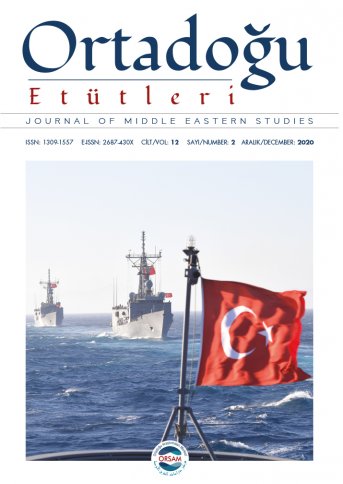
Comparison of the European Union and Turkey’s Policies in the Context of Combating Illegal Migration
As a result of the migration-based regulations of states, illegal migration came into existence as an artificial concept and, over time, the migration issue has been included in the area of security. The Arab uprisings and Syrian internal war-based developments intensified the securitization of migration. In this context, growing security-based policies turned the Mediterranean-based illegal migration in 2015 into a humanitarian tragedy. The European Union’s persistence with its security-led stance turned the crisis into a more urgent and dramatic situation. The European Union is considered to be a target region due to its advanced economic and social position. To manage the migration crisis and security problems, the Union tried to force member states to adopt new implementations. However, those policies merely produced temporary solutions. Therefore, the Union moved into a partnership strategy with third countries and, therefore, the Union’s externalization policy on the migration issue transformed Turkey into an indispensable partner for itself as an external practitioner, which has a direct border to the migration flow. Turkey, which is seen as both a transit and target country by migrants, immediately carried out necessary transformations for the management of the crisis on the one hand by complying with relevant regulations of the Union and, on the other hand, it sought partnership with the Union. However, the Union’s resolve on security-based policies and Turkey’s insistence on the open-door policy deepened the dissimilarities between the Union and Turkey. The aim of this study, which locates the illegal migration issue within a conceptual framework, is to analyze Turkey’s and Union’s divergent policies towards the illegal migration by specifically focusing on the Arab Uprisings and Syrian internal war developments. Using first-hand and secondary resources of the relevant literature through qualitative method this study concluded that the Union made a considerable contribution to the emergence of migration rules in Turkey. Turkey, however, over time, started to adopt a different stance from the security-based “Fortress Europe” approach which is recently more apparent.

